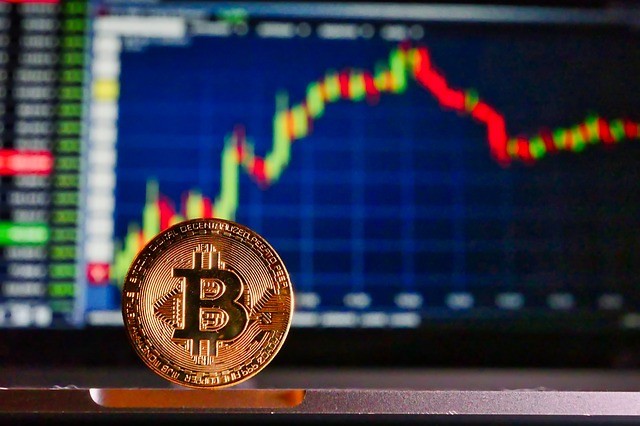The cryptocurrency market has experienced incredible growth in the past year and a half. As a result of the current bull run, cryptocurrency exchanges are beginning to face numerous challenges. To accommodate retail investors, crypto trading platforms have added options to buy bitcoin with credit card making the asset more accessible than ever.
But with that said, adding payment options is a temporary solution to the upcoming problems this industry might be facing in the future.
In this article, we explore some of these issues and try to analyze their impact on the bigger picture of the entire crypto market. Let’s begin.
Decentralized vs Centralized
Cryptocurrency trading platforms can be separated into two different categories – centralized and decentralized.
Centralized exchanges (CEX) are trading platforms that are usually handled by a corporate entity. They provide a service where they match buy and sell orders of their users and execute their trades for a fee.
Decentralized exchanges (DEX), on the other hand, do not rely on a single company for matching trading orders. Instead, smart contracts play the role of the intermediary, allowing traders to exchange funds directly through their pirate wallets. There’s no other fee but the transaction cost on the blockchain.
While CEXes provide an easy entry point to the crypto market, DEXes offer their users full control of their funds at all times.
And with DeFi gaining more mainstream attention, DEXes could provide some decent competition to traditional trading platforms such as Binance and Coinbase.
Better security and fund insurance
With the price of bitcoin reaching new highs, there’s always an increased number of cyberattacks targeting popular crypto exchanges.
Centralized exchanges are the custodian of billions of dollars of user’s funds, which makes them a prime target for hackers. Over the years, malicious attacks have resulted in hundreds of millions of dollars of lost funds for crypto exchange users. And most of the time, users have no legal way of recovering their funds.
To remain competitive versus the DEX ecosystem, centralized platforms must propose:
- Increased security for their user’s funds, by continuously upgrading their security networks.
- Insurances for user’s deposits in case the exchange gets compromised.
With that said, DEXes also have their fair share of risks, mainly due to security weaknesses in the smart contracts. The solution is, of course, increased audits of open-source protocols, which should provide increased security.
Lending and Staking
The DeFi ecosystem is providing an increasing number of traditional financial products for its users, providing passive income opportunities through lending, staking, and yield farming.
With that said, these are mostly reserved for tech-savvy users that are familiar with how DeFi works. To fill the gap, crypto trading platforms have already jumped on the bandwagon to become an intermediary to providing staking and yield farming services to their users.
Many of the top crypto exchanges offer such services, with Binance being one of the most versatile exchanges. Users can earn interest by providing liquidity for margin trading as well as stake their coins to earn passive income.
Providing sufficient liquidity
With the ongoing bull run, experts are thinking that we might be entering a supply shock period. This means that the demand is higher than the supply on the markets, resulting in Bitcoin shortages.
Furthermore, many investors prefer holding their Bitcoin instead of selling it on the markets, increasing the shortage even further.
Crypto trading platforms will need to do their best to provide liquidity to their users, despite this scarcity. Conversely, they might have a hard time surviving in this cutthroat market.
Regulation compliance
Cryptocurrencies are still a nascent asset and most governments are scrambling to regulate them. While there have been attempts at a global regulative framework, regulations are pretty much a case-by-case affair.
Only recently, we saw the Turkish government banned cryptocurrencies to be used as a method of payment. These types of blanket bans have been common in the industry The recent regulative pressure on privacy coins in Australia resulted in a mass delisting of privacy coins shortly thereafter.
Crypto exchanges have two choices here – to either comply with regulations or stop providing their services to these crypto-unfriendly countries.
New project audits
Crypto trading platforms provide a service by listing new and upcoming projects. However, they can also be the trusted party when it comes to audits before they list certain coins.
In the highly unregulated space of cryptocurrencies where anyone can create their own, they provide an invaluable service by scrutinizing founder teams and projects.
In a nutshell, exchanges are the last defense against scams and rug-pull projects which are still commonplace in the DeFi ecosystem.
Conclusion
With every bull run, new challenges for crypto trading platforms emerge. To remain competitive versus decentralized exchanges, CEXes need to diversify their offering and provide increased security, fund insurance, and passive income opportunities.
Moreover, they need to face the regulatory challenges from which DEXes are spared in order to provide their services on a global scale.
















